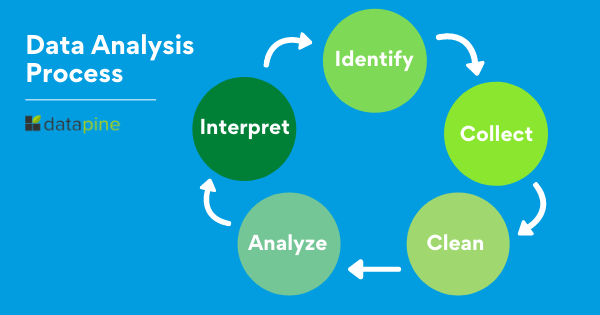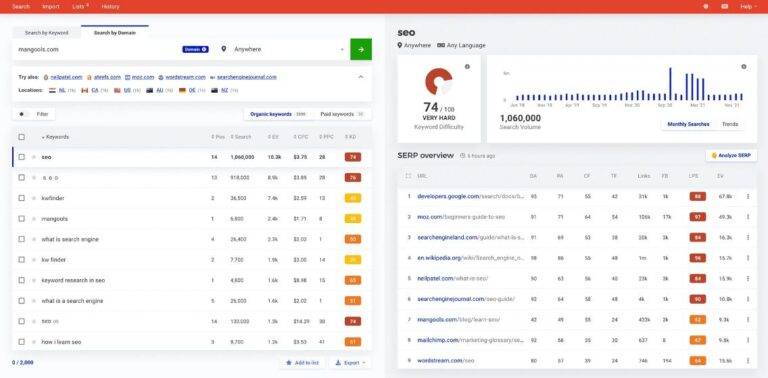Defining data analysis and data analyst
When people ask me to speak about data or find out that I work in data, I know some of their first questions will be, “Well, what is data and what is a data analyst?” I know after the last two decades of being asked this, they want a single sentence answer that’s easy to digest. Unfortunately, even though the word data was first used in 1646, there’s really not a single sentence answer.
So I typically lean towards a deeper, more practical conversation to what data means to them, so I can determine what is the best way to answer their questions. The world of data is so broad, and in my humble opinion, I think it will remain broad because we’re still in the early days of discovery and tools development. With this course, I can provide more than one sentence to explain what data analysis is. And I think we should start by breaking down the words data and analysis. Let’s tackle the biggest four-letter word in the universe, data. Even the dictionaries have a hard time giving a practical definition of data, because again, it can mean a lot of different things. And for the data analyst of the world, we need to look at two of the definitions. Factual information, such as measurements or statistics, used as a basis for reasoning, discussion, or calculation, and information in digital form that can be transmitted or processed. Now let’s break down analysis. It’s been my experience that when you say analysis or analyze, people immediately focus on specific types of analysis like statistical or mathematical analysis, especially when thinking of data.
And even though this is certainly true for data, the reality is analysis is an everyday part of life for a data worker, and it’s broader than one type of analysis. I love Merriam Webster’s definition of analysis, “A detailed examination of anything complex in order to understand its nature or determine its essential features; a thorough study.” And this definition has been around since about 1581. Now that we’re on the same page about analysis, let’s look at the word analyze. And to me, this is the perfect definition of what we do in the world of data at almost every level, “To study or determine the nature and relationship of the parts of something by analysis.” To describe what a data analyst is, and at the foundational level, I’ve combined these definitions together to give you the best possible definition.
Some sources you can find also at: Merriam Webaster
A data analyst is someone who will study or determine the nature and relationships of factual information used as a basis for reasoning, discussion, or calculation by always doing a detailed examination of information in digital form in order to understand its nature or to determine its essential features.






